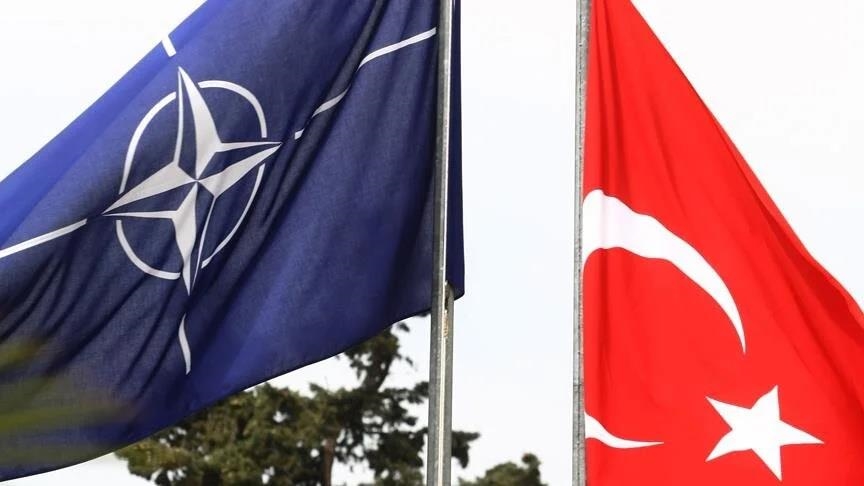Poor Narcissus
Some of the reports that appeared in our newspapers during the NATO summit reminded me of this.
There is no doubt that the summit was a success. The "NATO valley" can already be compared to the most developed cities of the world. The dinner and the show at the Topkapi Palace reflected the splendors of our history. The background of the area where U.S. President George W. Bush made his speech was chosen wisely.
There is no doubt that the summit provided Turkey with an extraordinary public relations opportunity. Westerners who didn’t know what Turkey was all about must now find the country far easier to comprehend. The erosion of the prejudices that have thus far prevented our European Union membership was palpable.
However, the presumption that the summit and Bush’s speech were historic as a result of this is unwarranted. When the communiques of the last two NATO summits are compared, one realizes that the Nov. 2002 Prague summit was much more important. At the Istanbul summit historic speeches were fewer than thought. The common thread throughout these speeches was not the truth they contained, but rather the great statesmen who spoke the actual words.
From reports that appeared in newspapers, it became evident that we were in excessive need of praise and of being liked. The media was dominated by such reports instead of the actual decisions taken at the summit. It seemed as if we were seeing ourselves through the eyes of the West, and we liked what we saw.
It is well-known in psychology that during the adolescence period, we look at ourselves through our father’s eyes and that we assess ourselves by the standards of our father who we see as our ideal. However, if this period continues through to a later age, it means the adolescence period has not ended, or in other words, shows arrested personality development. We need and become dependent on continual praise from the external world that we put in our father’s place. However, such praise does not satisfy us. It no longer heals the scars of the past’s narcissistic wounds.
The decline and the dissolution process of the Ottomans due to competition with the West damaged Turkey’s self-confidence significantly. It had to borrow values and institutions from a rival civilization. This ensured its survival in the republic, but the identity of the elite was weakened. This unavoidable change forced us to re-define ourselves in the eyes of the West who we sought to emulate. Only when it said, "You’re good," could we actually feel that way.
This dependency produced an excessive sensitivity against criticism originating from the West. Just like we are experiencing during our EU membership process, every criticism reopens the old wounds in our consciousness and deepens our identity crisis. It entails a serious psychological cost that manifests itself in terms of us feeling bad and deficient. It eliminates the opportunity for self-criticism and change.
Because in the past we believed that the problem was our failure to promote ourselves, instead of their unwillingness to recognize us, we produced generations that are in perpetual need of promoting Turkey as a commercial commodity.
Those who exaggerate the importance Bush attached to Turkey while addressing "the role and values" of those stronger than us have designated for Turkey, in truth, show the weakness of their egos rather than U.S. power.
Westerners now know about our profound weakness. They get what they want from us in their foreign policy by either stroking or rubbing this wound. We, on the other hand, try to keep ourselves busy until we get the "historic" opportunity to be praised.
The proof of our cure will be to accept all praise with humility and to call for the correction of the injustice in Cyprus, the elimination of the terrorist Kurdistan Workers’ Party (PKK/Kongra-gel) presence in northern Iraq and the representation of Turkmens before accepting another tour of duty in Afghanistan.


/cloudfront-us-east-2.images.arcpublishing.com/reuters/Q7R7UHQ2PNMQ3DQHSSBGPNCMZI.jpg)